
Taiwan is without a doubt a beautiful country. The country has a lot of national parks, night markets and ancient temples. There’s one problem though, the language. Their primary language is Mandarin, which could be a little bit hard for tourists to learn that fast.
Mandarin Chinese is one of the most widely spoken languages in the world and it wouldn’t be surprising at all if you find it really hard to encounter English speakers in Taiwan. Even though they know some English words, most of them are not confident enough in using it, so most of the time, tourists need to adjust while staying in the country (unless you have a friend who speaks Mandarin).
Don’t worry! All you need to learn are the most basic phrases in Taiwan. As a foreigner myself, I didn’t even know how to speak even a single word in Mandarin when I first came to Taiwan. But still, I was able to survive through the help of some teachers and Taiwanese friends. For tourists, they usually speak Mandarin for 3 things: being friendly, asking directions, and buying things.
So before you pack up for your Taiwan adventure, here are the 10 most common mandarin phrases you need to learn before coming to Taiwan.
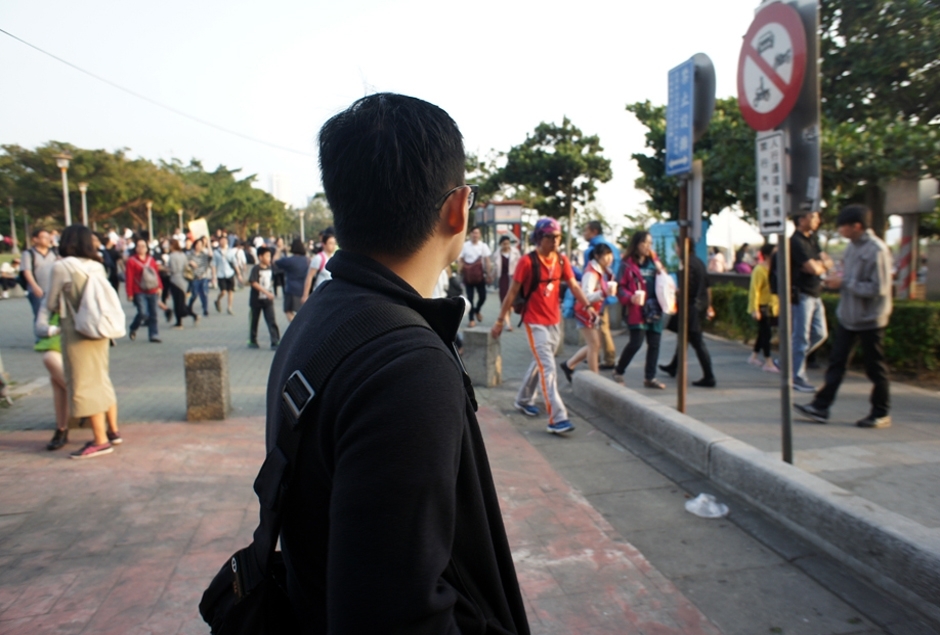
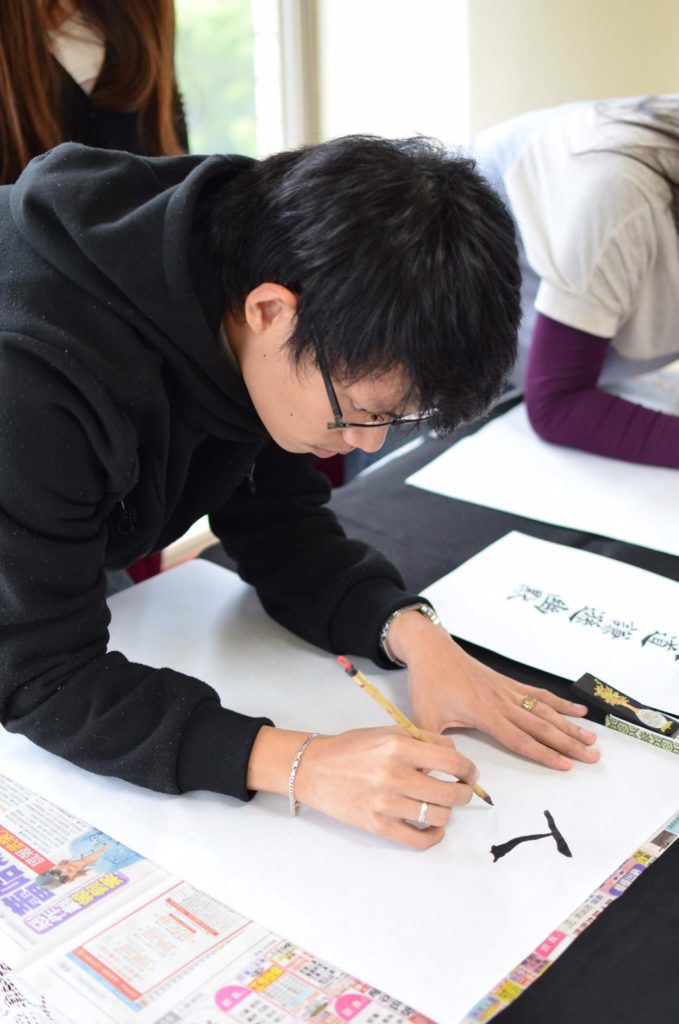
1. Nĭ hăo 你好
English Translation: Hello
Pronounced as: (nee haoow) /niːhaʊ /
When greeting people, this is the most basic phrase to say. “nĭ hăo” literally means “You good” (nĭ = you, hăo = good), but typically translates to “hello”. You could use this phrase in greeting locals especially before you ask questions to them. “hăo” means “good” and it also means “ok” too.
“Nĭ hăo ma?” means “how are you?”. This can also be translated as “are you okay?”. By adding “ma嗎” at the end, you are now asking a question.. Quite simple right?
2. Xiè xie. 謝謝
English Translation: Thank you / Thanks
Pronounced as: (shhyeah shhyeah) /ʃːje•ʃːje/
Whether you are riding a bus, asking for directions, or ordering food, just say this simple phrase and locals will be really happy to hear it. If you want to be more friendly and polite in saying Thank you, you can even add “nĭ” (you) after “xiè xie”. e.g. Xiè xie nĭ.
3. Tīng bù dǒng 聽不懂
English Translation: I don’t understand
Pronounced as: (teeng boo dong) /tiŋ buðoŋ/
Taiwanese people are really friendly. And because of that, they might suddenly talk to you in Mandarin even though you don’t personally know them. So what would you say to them? These 3 words, (tīng = hear, bù = not, dǒng = understand), might be the three most important words you’ll ever learn while staying in Taiwan.
4. Duō shǎo qián 多少錢
English Translation: How much?
Pronounced as: (dwo shaow chyen?) /duo ʃaʊ tʃjen/
One of the most popular places in Taiwan are its night markets. It’s almost impossible for a tourist to visit Taiwan without visiting its night market. So you might need to remember this phrase when you buy something.
The phrase “duō shao?” (“duō” = much, “shǎo” = few) means “how much? or how many?”, whereas, qián means ‘money’. So yes, you can just say “duō shao?” when asking the price, but for specifics, saying the complete phrase is preferable.
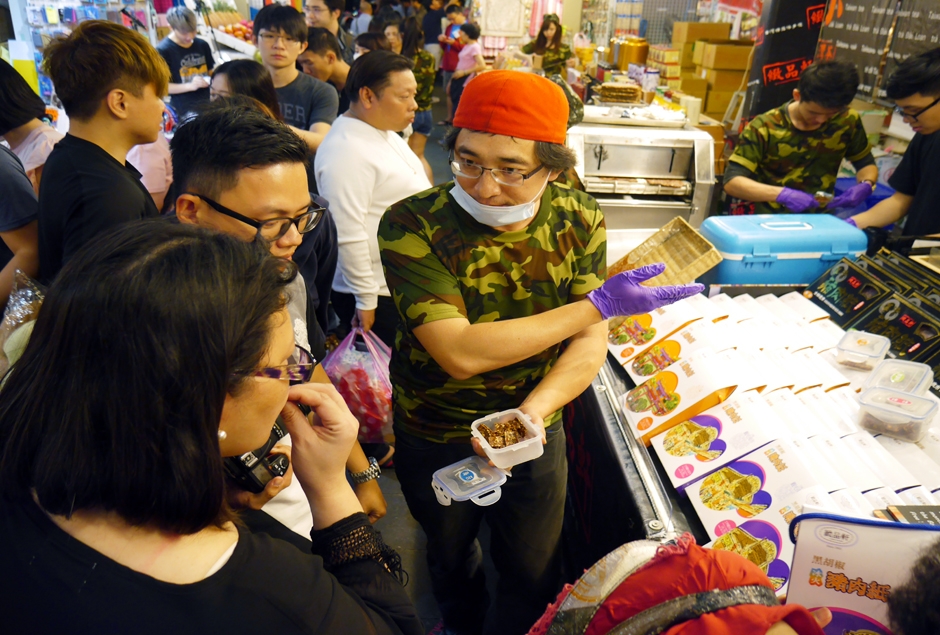
5. Zhè ge 這個
English Translation: This / This one
Pronounced as: (jey ga) /dʒeɪ ɡɒ/
Usually used when pointing out things particularly when you are choosing something you want to buy. If you combine it with duō shao qián, it would make more sense. Zhè ge duō shao qián? (How much is this?)
6. Yǒu méiyǒu 有沒有
English Translation: Do you have..?
Pronounced as: (yow may yow …?) /jəʊ meɪ jəʊ/
“yǒu méiyǒu” literally means “have or not have” (yǒu = have, méiyǒu = to not have). This phrase is used mostly while ordering in a restaurant. Some local restaurants don’t have English menus and are generally written in Chinese. You can learn some basic Chinese words and say it after this phrase.
Example:
Yǒu méiyǒu yīngwén càidān 有沒有英文菜單?
Pronounced as: (Yow may yow eeng wn tsaiy dan?)
English: Do you have an English menu?
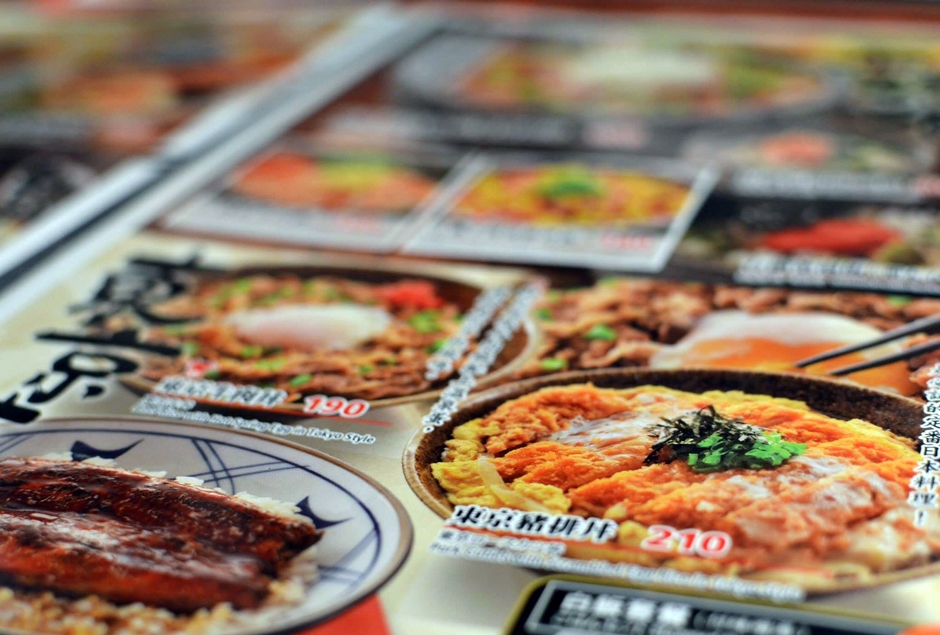
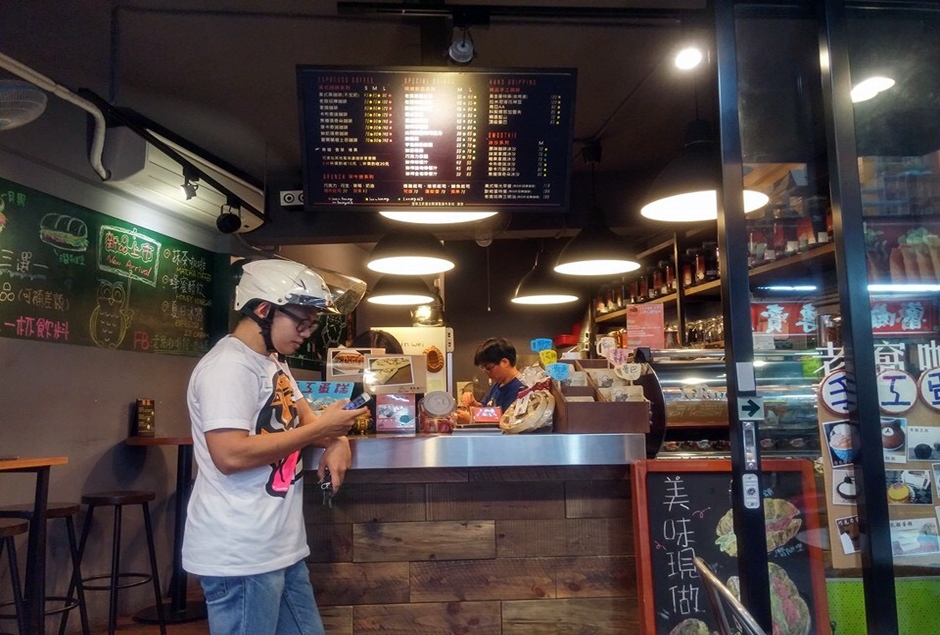
7. Bù hǎo yìsi 不好意思
English Translation: Excuse Me / Pardon / Sorry
Pronounced as: (boo haow eeh si) /bu haʊ i sʌ/
When you’re pushing your way off the crowd or when you accidentally hit a local during the duration of your tour, just say this phrase.
“Bù hǎo yìsi” literally means “not a good meaning” or “a bad meaning”. But locals usually say this word when they feel embarrassed on doing something, or when they did something stupid. You can also use this phrase before asking them about something.
Example:
Bù hǎo yìsi, Zhè ge duō shǎo qián
Pronounced as: (boo haow eeh si, jey ga dwo shaow chyen?)
English: Excuse me, how much is this?
8. Zài nǎli在哪裡
English Translation: Where is…?
Pronounced as: (dzaiy nah lee) /ðzai næh li:/
Okay, now you’re lost and you don’t know what to do especially when you are in a place where there’s no internet. As long as you have these 2 words reserved, you don’t need to worry. You can go and ask anyone about a particular place and if you have a map or a picture, you can just point it and say these words to a local Taiwanese.
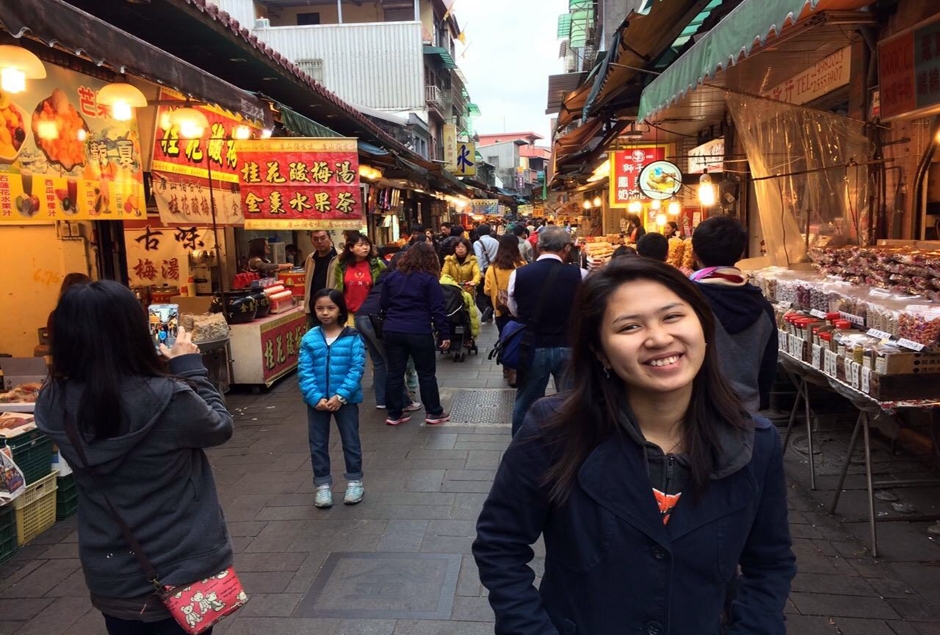
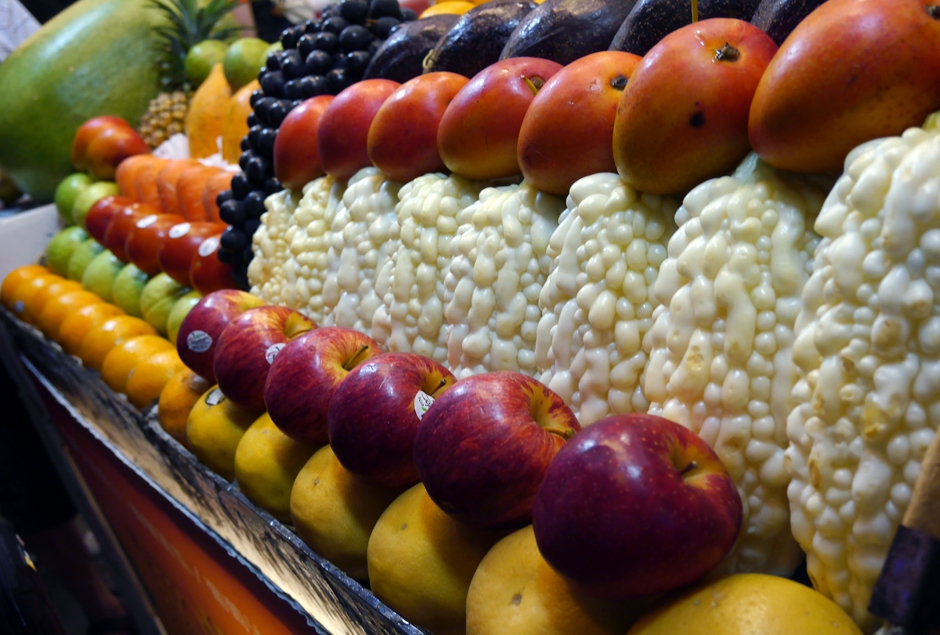
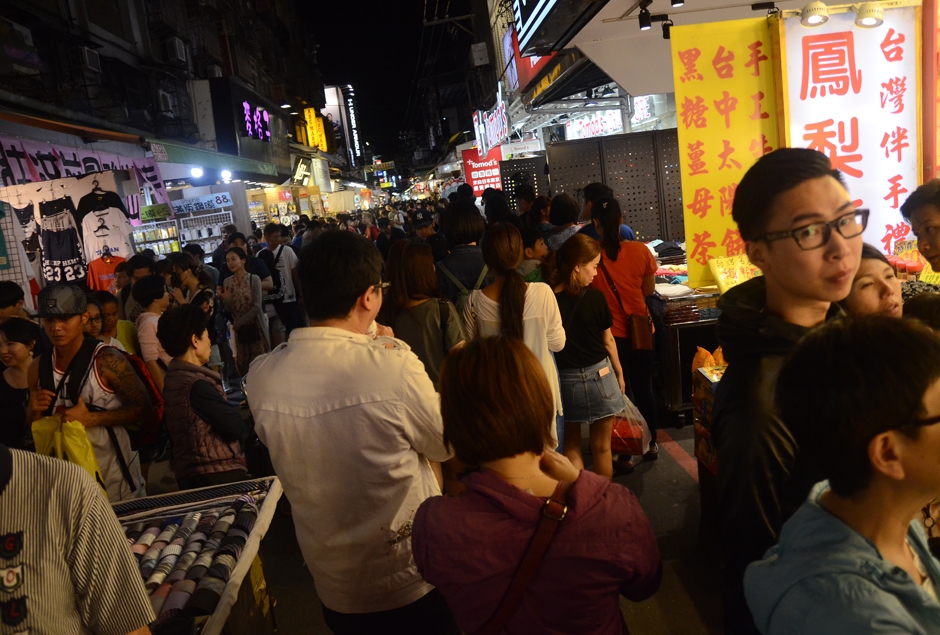
9. Wǒ yào qù… 我要去
English Translation: I want to go to…
Pronounced as: (wo yaow chyoo) /wo jaʊ tʃjuː/
Example:
Wǒ yào qù Tái běi101 我要去台北101
Pronounced as: (Wo yaow. chyoo tai pei 101)
English: I want to go to Taipei 101
As you have noticed, “Wǒ yào” means “I want”. You can learn easy Chinese verbs and nouns as you travel and put those new words you learn after “Wǒ yào“.
Example: Wǒ yào zhè ge (I want this).
10. Cèsuǒ廁所
English Translation: Restroom
Pronounced as: (Tse soo-oh) /tse suəwo/
These 10 phrases will not be complete without learning this word. Tourists may find it really hard to look for a restroom when they are wandering around the streets of Taipei. Most of the restaurants have their own restrooms so you don’t need to worry. But learning this word is essential.
Saying this word is not enough for them to understand you. But Taiwanese people can understand you more if you combine “cè suǒ” with the different phrases you learned from above (particularly nos. 8 and 9.)
Examples:
1. Wǒ yào qù cèsuǒ 我要去廁所
Pronounced as: (Wo yaow. chyoo tse soo-oh)
English: I want to go to the toilet.
2. Cèsuǒ zài nǎlǐ? 廁所在哪裡?
Pronounced as: (tse soo-oh dzaiy nah lee?)
English: Where is the toilet?
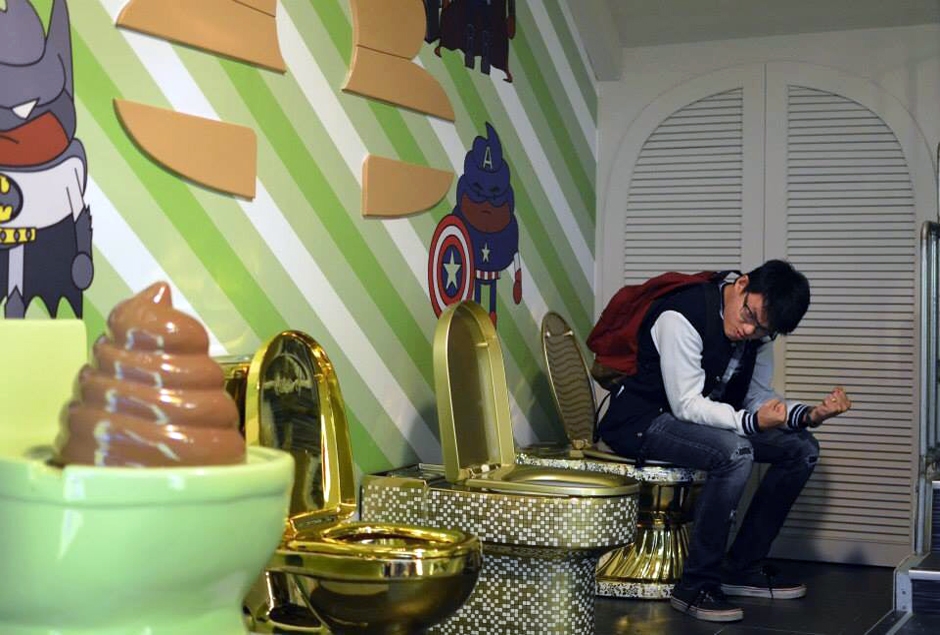
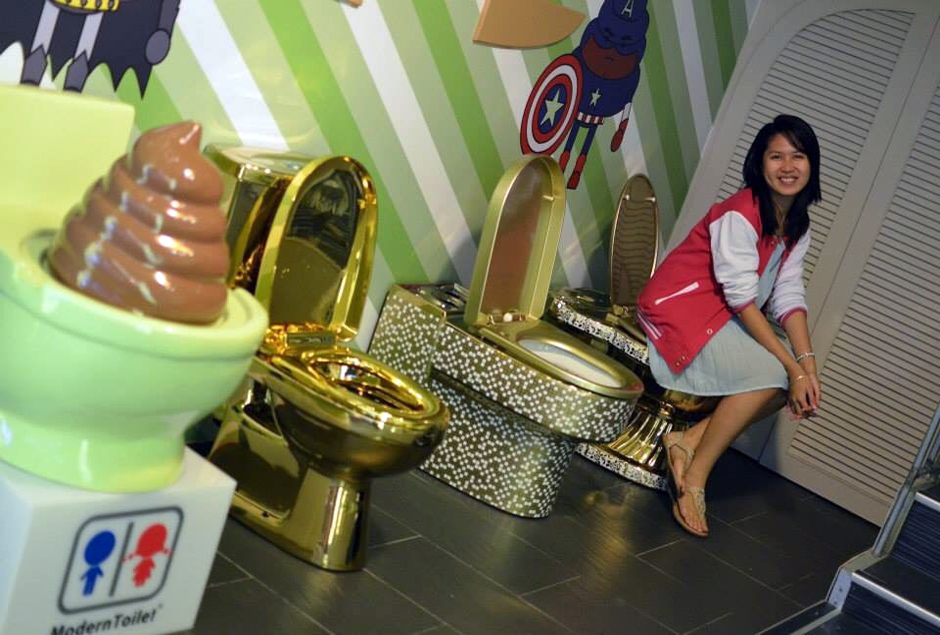
So don’t stress yourself out, Taiwanese people are very considerate and friendly. Actually, they will be very happy that you are trying to learn their language. Practice is the key in learning. Make sure that you practice all those words aloud and you’ll be ready in your Taiwan adventure.


Hi. One of the best travel blogs! This was what she was looking for, some very useful advice. Beautiful adventures and beautiful places. Keep it up!
Thank you so much for the appreciation! We’ll try our best to have more posts like these in the future!
[…] 10 Basic Phrases for Your Taiwan Adventure […]
This will be a great help for me and my sisters. We’ll be in Taiwan in July so I’m very excited. Thanks for the tips!
Thank you
Thanks for informing ♥♥♥
This is awesome thanks for the tips. I am actually planning to nip to Taiwan this year so glad to have picked these phrases up!
Really good tips man! Thank you! This will be very helpful for the my future trip to Taiwan!
Thank you, Tina. You can check also our blogposts for your future travel 🙂
This article is very helpful in my Taiwan trip next month! Thank you!
our pleasure to share to our readers what we learned here in Taiwan, Daisy. Enjoy your trip next month!